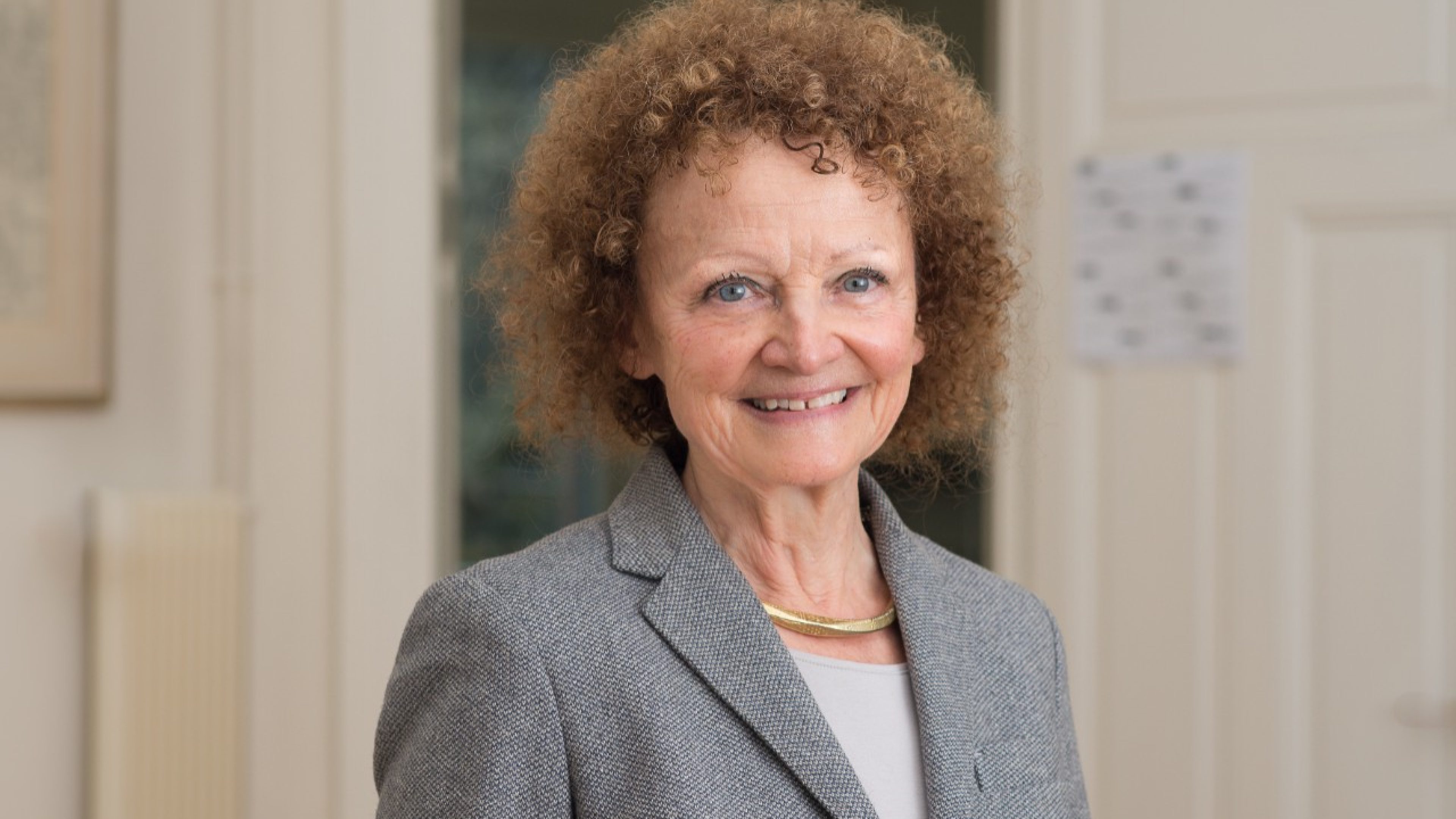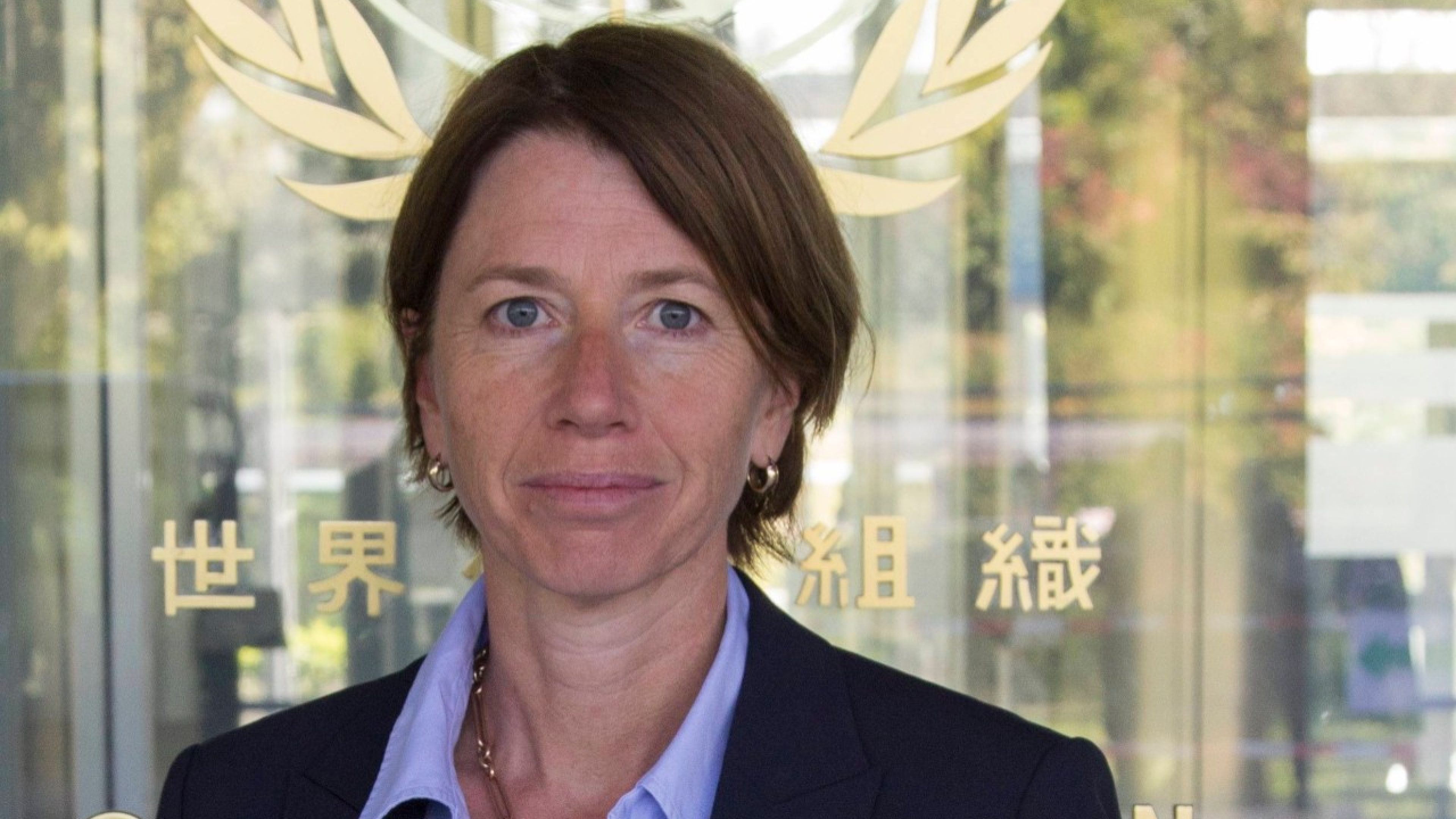Social scientist Elisabeth Michel-Alder is a vehement advocate of the flexible retirement age. She is committed to a departure from fixed biographical patterns and age-based labelling.
In your view, setting a general retirement age is no longer in keeping with the times. How do you envisage an ideal system?
In a word, customised. Every person should go into retirement when it suits them and their employer. I believe in self-determination and flexibility instead of an obsolete age-related guillotine. A more flexible system would benefit society as a whole. All the evidence indicates that people who remain integrated and challenged in society through paid or voluntary work stay healthy and happy for longer. Not having to work anymore is not a privilege. Being needed and challenged is a privilege. Of course, there are exceptions. If someone is ill, extremely unhappy at work or has some major projects that they want or must urgently take on in a private capacity, they should have the opportunity to retire early.
The employment rate for the over-50s is high in Switzerland relative to the EU and EFTA countries. At the same time, you read about older professionals who are no longer wanted in the labour market. How do you see the situation?
we can initiate change by focusing on skills as opposed to year of birth when filling jobs. We can also take the example of Norway, where they have linked the retirement age to average life expectancy. If Norwegians achieve a life expectancy of 90 in the future, the retirement age will be around 78. This conversion is already making its presence felt on the labour market: investment in older employees is worthwhile and people are again hiring people over the age of 50.
How does a longer working life impact the classical biographical patterns?
A longer working life means for everyone that the three classical stages of life “School and education/training“, “Career” and “Retirement” are now consigned to the past. We are now going to have education/training, career and phases of regeneration at every stage of life. That is the key to working for longer.
One in two people don’t even want to work until the normal retirement age, let alone for longer. How do you motivate people who have already retired in their own mind?
If someone has nothing left at 55, the employer has made an error. Many years of service, banal activities and routine are often factors that make employees feel resigned. If development opportunities are lacking, employees often feel they have no prospects and just give up. I think therefore that we have to demand more in terms of job quality in addition to the restructuring of the different stages of life I referred to earlier. Professionals must be challenged at work and have the opportunity to learn. They must also be competently managed and see why their work matters.
You could also turn the last question around and say why does one in every two Swiss want to work for longer?
The social setting of a job plays a big part in that. We now live in an age where the neighbourhood, religion and being part of a club or association are no longer what they were and family ties have also grown looser. As a result, work is now an important place for social integration, belonging and being valued. Besides, there are more and more people, particularly women, who want or need to keep working past the retirement age for financial reasons. It is therefore important to have jobs for the over-65 age group.
Employees now seek to enhance their feeling of self-determination at work by expecting flexibility from their employer, for example home office, sabbaticals, part-time working models and additional training. This is a challenge for employers. Is this an opportunity or a burden?
Studies show that employee satisfaction is higher when there is more freedom of expression. At the same time, I find the content more important than the timeframe in this instance. It is in the interests of companies to make demands of their employees in such a way as to bring them close to optimal performance while allowing them to regenerate at the same time. Performance and motivation are higher in companies with development prospects where employees are encouraged throughout their career.
You don't mention your age. At the same time, you argue that age-related stereotypes need to be dismantled. Is that not a good reason for you to lay your cards on the table?
Until we have a society where stereotypes are less of an issue, I would rather not talk about such things as cultural background, age and, to a certain extent, gender. We need to move away from labels and focus on facts. The year you were born isn’t important. Let me give an example: when I go to my school reunion, I feel as if I’m in the same room as my mother and daughter. People simply age in very different ways.
I must nevertheless ask the question. For how long will you keep working?
I couldn’t really say. The fact is that I don't have 1000 projects waiting for me to get started on. I did all those things that people normally save for retirement when I was working. Retirement is a recent development in human history. Some days I go to work and in the evening I’m happier than if I were on holiday. In April next year, I’m going to publish another book “Länger leben – anders arbeiten” (Live longer - work differently). So I’m not about to retire yet (laughs).
Elisabeth Michel-Alder

Social scientist
Advocate of the flexible retirement age
Elisabeth Michel-Alder is a social scientist, corporate consultant and founder of the employer network “Silberfuchs”, dedicated to promoting generational issues. Her book “Länger leben – anders arbeiten” (Live longer - work differently) will come out in April 2018. It is about new biographical patterns, other career paths, learning and progressive working environments.



